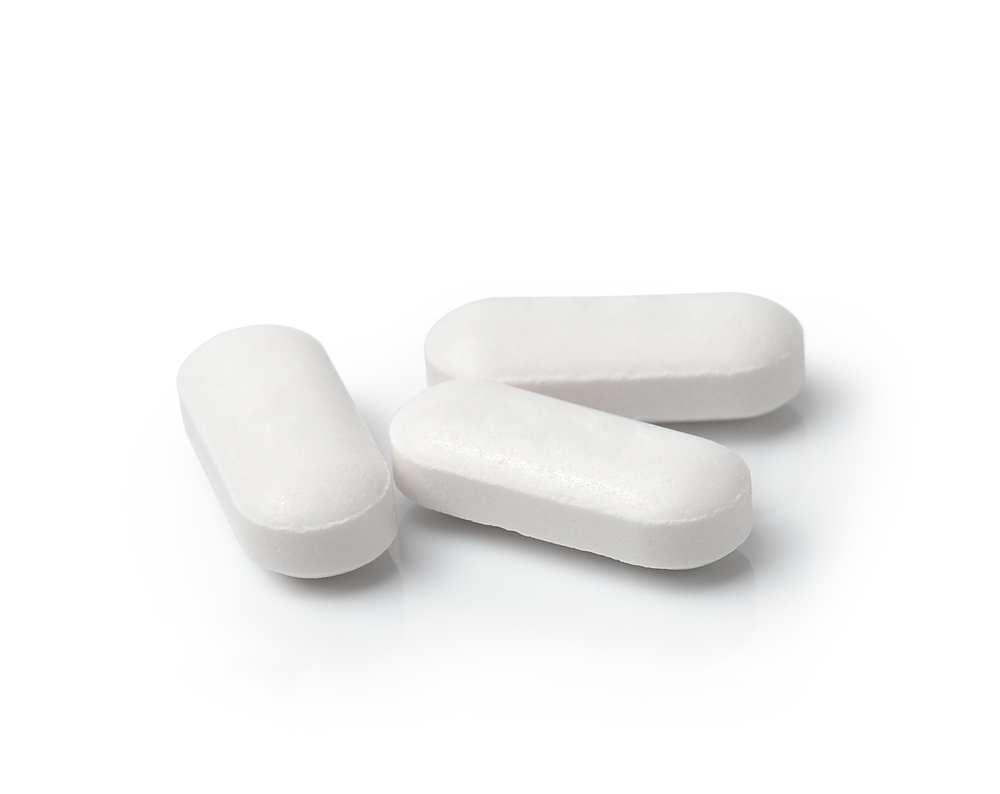Long-term Use of Rilutek Seen to Improve Survival in ALS Patients in China
Written by |

Long-term use of Rilutek (riluzole) is associated with a better outcome in sporadic amyotrophic lateral sclerosis (ALS) patients, whereas short-term use seems to have little effect on survival, according to a study published in the scientific journal Frontiers in Aging Neuroscience.
The authors of the study, “Long-Term Use of Riluzole Could Improve the Prognosis of Sporadic Amyotrophic Lateral Sclerosis Patients: A Real-World Cohort Study in China,” followed 1,540 Chinese ALS patients every three months for a period of eight years, between 2007 and 2013.
Around a third of the patients used Rilutek while the others did not. Other differences between the two groups were noted: Rilutek users were older when they were diagnosed with ALS, and the time from onset of symptoms to diagnosis was shorter. In addition, both their body mass index (BMI) and functional rating scale (FRS) scores, a measure of the physical abilities of ALS patients, were higher.
Based on these observations, the authors concluded that in China, older ALS patients and patients who had a higher BMI, shorter diagnostic delay, and higher FRS scores are more likely to use Rilutek.
The team then evaluated survival within and between the two groups, and saw no statistically significant differences. However, when they classified patients in the Ritulek group according to their cumulative defined daily dose (cDDD), which is a measure of the duration of drug use, researchers saw that patients with high a cDDD (above 16,800 mg) had a significantly better outcome than those with lower a cDDD. In other words, patients using the drug for a longer period had better outcomes than those using it for a shorter time.
Previous studies have shown that Rilutek can improve survival in ALS patients. However, ALS is not covered by medical insurance in China, and Rilutek is a costly drug. It was therefore important to determine in future studies the drug’s effectiveness as a real-world treatment for Chinese ALS patients.





